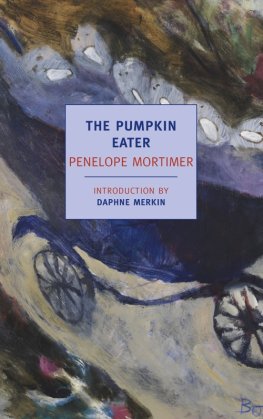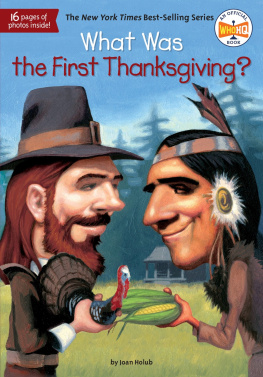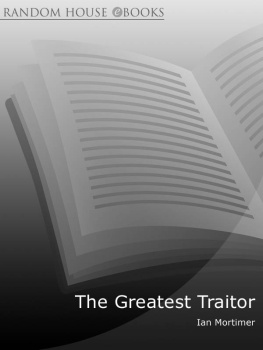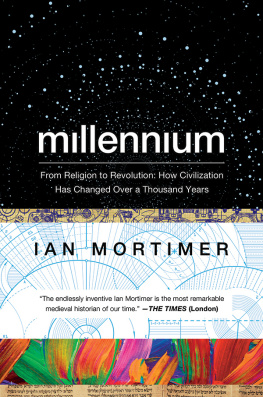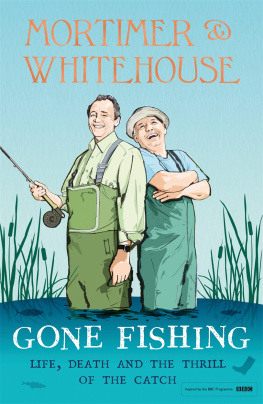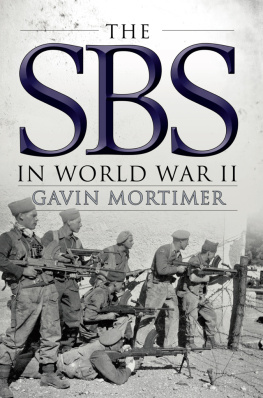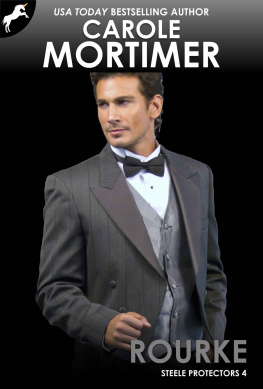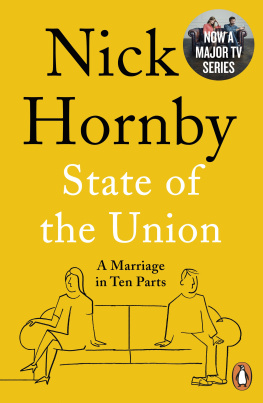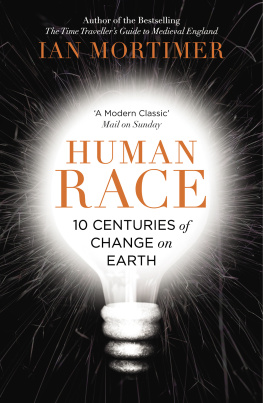NEW YORK REVIEW BOOKS
CLASSICS
PENELOPE MORTIMER (19181999) was born Penelope Ruth Fletcher in North Wales, the younger of two children of an Anglican clergyman father and his wife. The family moved often, and Penelope was educated at half a dozen institutions before spending a year at the University of London. In 1937 she married the journalist Charles Dimont, with whom she had two daughters. Two more daughters by two different men would follow before, in 1949, she divorced Dimont and married the barrister, novelist, and playwright John Mortimer, with whom she had another daughter and her only son. The Mortimers were celebrated as the last word in marital chic, but the marriage was tumultuous and the couple divorced in 1972. In addition to The Pumpkin Eater (1962), made into a 1964 film from a screenplay by Harold Pinter and starring Anne Bancroft and Peter Finch, Mortimer published several other novels, including Daddys Gone A-Hunting (1958), Long Distance (1974), and The Handyman (1983); a travel book co-authored with John Mortimer, With Love and Lizards (1957); and a biography of the Queen Mother. She also served as a film critic for the London Observer and was a regular contributor of short stories to The New Yorker. The first volume of her autobiography About Time (1979) was awarded the Whitbread Prize and was followed by About Time Too (1993).
DAPHNE MERKIN is the author of Enchantment, a novel and Dreaming of Hitler, a collection of essays. Her cultural criticism has appeared in a range of publications, including Vogue and The American Scholar, and has been widely anthologized. She has been a staff writer for The New Yorker, and is currently a contributing writer at Elle and The New York Times Magazine. She lives in New York City, where she teaches writing, and is at work on a memoir, Melancholy Baby.
THE PUMPKIN EATER
PENELOPE MORTIMER
Introduction by
DAPHNE MERKIN
New York Review Books

New York
Before the advent of Betty Friedan and Germaine Greer, before it became chic for housewives to swap stories of malaise the way they had once swapped recipes for Thanksgiving stuffing, and before a woman on the edge of a nervous breakdown inspired interest rather than rolling eyes, there was Penelope Mortimer. She was a literary visionary of sorts, not quite of domestic darkness there is always a brood of children present in her fiction to set off sparks but of the claustrophobic grayness and casual betrayals of upper-middle-class marriage. In the late 1950s and early 60s Mortimer published a succession of novels The Bright Prison, Daddys Gone A-Hunting and The Pumpkin Eater that might almost be taken as a trilogy, so similar is the existential condition that afflicts her protagonists. The dramas of her heroines all of whom are transparently alter egos, although only The Pumpkin Eater is told in the first-person voice are so low-pitched in their despair and so insulated by money that it is all too easy to write them off as cases of overwrought nerves, their condition brought on by too much time and too morbid a point of view. To do so, however, would be to overlook the human truths that inform these situations, the witty if often bleak intelligence that Mortimer brings to her dissection of the glitches the unbearable muddles that regularly occur in the most intimate of relationships, between mothers and their children or between husbands and wives.
Of the three novels, The Pumpkin Eater, published in 1962 when Mortimer was in her early forties, strikes me as the most accomplished and the one closest to the bone. (It was also made into a remarkable film in 1964, directed by Jack Clayton from a screenplay by Harold Pinter, starring Anne Bancroft and Peter Finch.) Although Mortimers style is always direct, in this account of a womans emotional collapse and tentative recovery it becomes almost frontal in its urgency. One senses an impelling force behind the pages, as though they were scratched out on torn pieces of paper by someone marooned on a desert island of the mind, where resources are scarce and time is short. The effect is like that of reading a crucial but not fully decipherable message, one that might help us in our own travails if only we read it in time. I have put into this novel, Mortimer would explain to a television audience during a 1963 BBC reading of a scene from The Pumpkin Eater, practically everything I can say about men and women and their relationship to one another. From the opening pages of dialogue between the unnamed narrator (we know her only formally, as Mrs. Armitage, like a character in a Victorian play) and her psychiatrist to the books concluding passage, in which the reader is assured that everything in this novel in a sense took place Some of these things happened, and some were dreams. They are all true, as I understood truth. They are all real, as I understood reality the reader is held willing hostage by a captivating, heedlessly honest voice.
Penelope Mortimer was born in North Wales on September 19, 1918, the younger of two children of an eccentric clergyman father and a self-effacing, industrious mother. Both her parents were on the old side for the role: her father was thirty-nine and her mother was forty-two. In her first autobiography, About Time (1979; she wrote a second, About Time Too, published in 1993), she vividly details her irregular vicarage childhood up until the age of nineteen, when she escaped into her first marriage. Her father comes off sounding like a character out of Tristram Shandy, pierced through and through with oddities of both circumstance and temperament a preacher who didnt believe in God and who preached splendid, meaningless sermons, as well as a man of considerable sexual appetite whose wife no longer slept with him. According to Mortimer, her father was wont to do strange things, like showing her a spaniel puppys genitals, throwing her brother out of the dining-room window, and attending sances. He also sexually molested her, although Mortimer passes off this piece of information so nonchalantly in About Time that it is hard to tell how much weight to give it. (This is, of course, the heart of her literary style, to make light of the traumatic while making visible the trail of damage it leaves behind.) In About Time Too she is much more direct: My father abused me from the time I was eight until I was about seventeenIt seldom went further than sloppy kisses and inexpert groping in my school knickers, but I hated it and for the next fifty years was under the sad misapprehension that I hated him. Her mother, meanwhile, kept busy decorating her home and the church with as much style as economy, delighting in all that made life more comfortable. The mattress on her bed was always of a make called Vi-spring; she had a rubber hot-water bottle when the rest of us had to make do with stone ones; there was always a mohair rug available to tuck around her knees in a draft.
With a lackadaisical education in place Mortimer attended a secretarial school after finishing up at St. Elphins School for the daughters of the clergy and possessed of an intermittent yearning to write (How would I ever be Virginia Woolf if I didnt learn something?), she fled vicarage life for good. In rapid order she moved to London and attended London University with thoughts of becoming a journalist, then after an engagement of six weeks married a Reuters correspondent, Charles Dimont (connected in my mind with a kind of obscure stability), and became pregnant within two months. She was nineteen at the time, a dark, gamine beauty who years later would be momentarily mistaken by a waiter for Audrey Hepburn.
Next page
